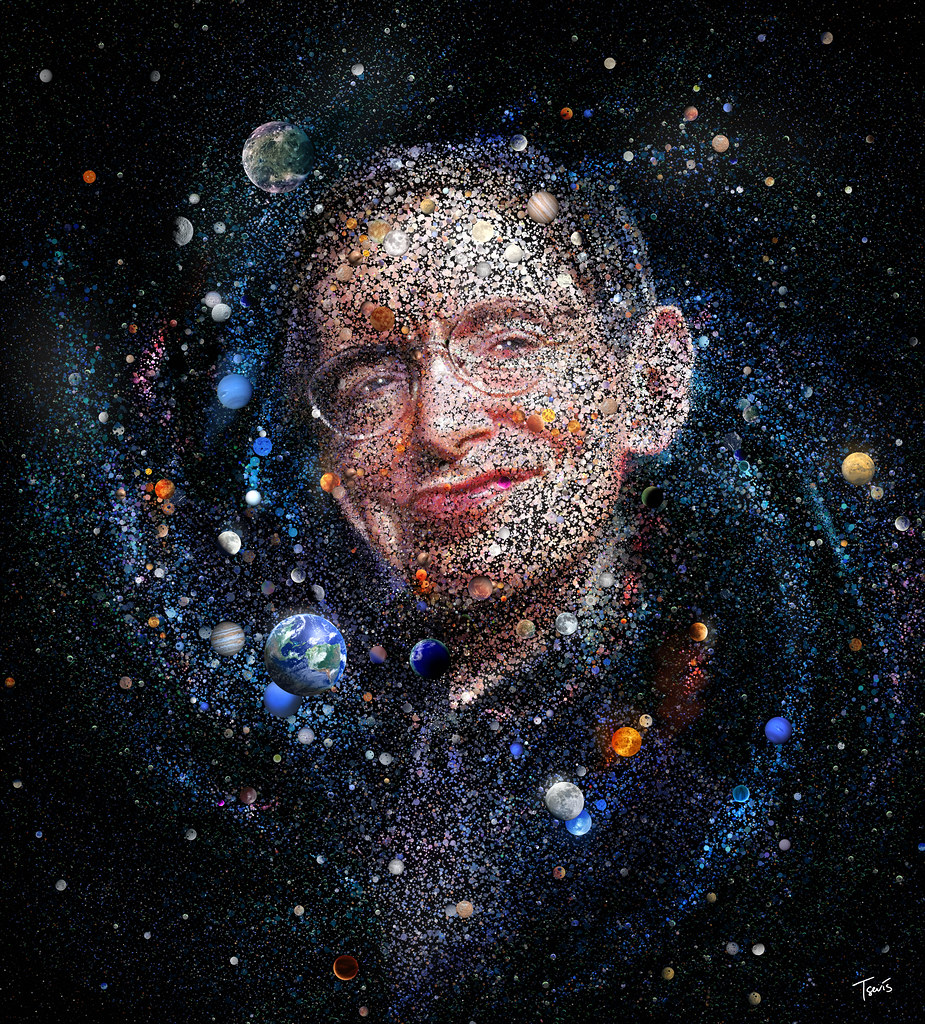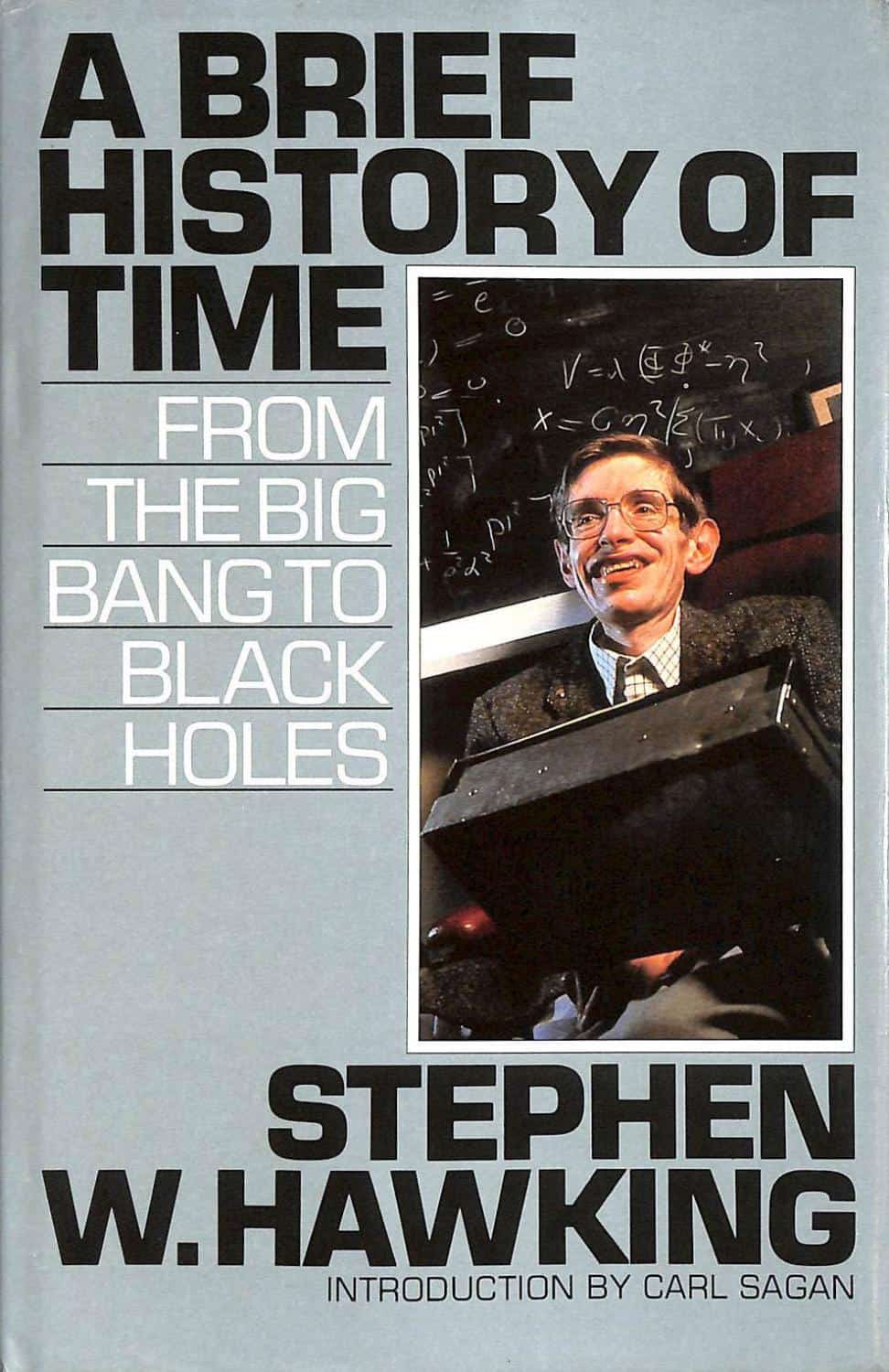During the season six finale, Lt. Commander Data can be seen playing poker with 'hologram' versions of Hawking, Albert Einstein, and Isaac Newton RELATED ARTICLES Previous. Stephen Hawking playing poker with Newton, Einstein and Data. Rob Beschizza 5:41 am Wed Mar 14, 2018 'Wrong again, Albert' Previously: Stephen Hawking has died. The famed physicist was 76. Stephen Hawking 1993 am Set von 'Star Trek: The Next Generation' mit den Darstellern von Albert Einstein und Isaac Newton Star Trek um 13:44 von Wolfgang Greber. When Albert Einstein, Issac Newton and Stephen Hawking played pokerTheoretical physicist Stephen Hawking, second from left, makes a guest appearance on Star Trek: The Next Generation, Thursday, April 8, 1993, in Los Angeles, Calif. The episode features a scene in which the character Data, back to the camera, participates in a poker game with a group of brilliant scientific figures consisting. Directed by Alexander Singer. With John Neville, Jim Norton, Natalija Nogulich, Brian Cousins. After an encounter with the Borg, Data feels his first emotion when he gets angry with the Borg.
Einstein the greatest
| Einstein changed physics for ever |
Albert Einstein has been voted the greatest physicist of all time in an end of the millennium poll, pushing Sir Isaac Newton into second place.
The survey was conducted among 100 of today's leading physicists.
| All-time top ten |
| 1. Albert Einstein |
| 2. Isaac Newton |
| 3. James Clerk Maxwell |
| 4. Niels Bohr |
| 5. Werner Heisenberg |
| 6. Galileo Galilei |
| 7. Richard Feynman |
| 8= Paul Dirac |
| 8= Erwin Schrödinger |
| 10. Ernest Rutherford |
Peter Rodgers, Editor of Physics World, said: 'Einstein and Newton were always going to be one and two but what was surprising about the top 10 was that there were seven out and out theorists.'
The top 10 includes three British scientists: Newton, James Clerk Maxwell and Paul Dirac. New Zealander Ernest Rutherford, who did much of his work in the UK, also makes the list, at 10.
Hawking and Archimedes
A parallel survey of rank-and-file physicists by the site PhysicsWeb gave the top spot to Newton and also included Michael Faraday.
| Hawking: 'Discovered' that black holes are not always black |
 Neither list included any living scientist, but Stephen Hawking was rated at 16 by PhysicsWeb users, just behind Archimedes.
Neither list included any living scientist, but Stephen Hawking was rated at 16 by PhysicsWeb users, just behind Archimedes. Paul Guinnessy, editor of PhysicsWeb, said: 'My two biggest surprises were the inclusion of Stephen Hawking, as I think more time is needed to see whether his scientific contributions will last, and the low number of votes for Marie Curie and Ernest Rutherford.
'Both these physicists had a dramatic impact not only on scientific achievements but in the students they taught and drew into physics. Rutherford's lab in particular had a number of students who were awarded Nobel prizes at a later date.'
Big science
The three most important discoveries in physics are quantum mechanics, Einstein's theory of general relativity and Newton's mechanics and gravitation.
Quantum computation pioneer David Deutsch of Oxford University said: 'In each of these three cases, the discovery in question not only revolutionised the branch of physics that it nominally addressed, but also provided a framework so deep and universal that all subsequent theories in physics have been formulated within it.'
Asked about their careers, the physicists said they were mostly happy. Over 70% of respondents said they would study physics if they were starting university this year. But 17% said they would not, with one Japanese researcher commenting: 'I worked too hard. I want to enjoy life next time.'

Newton Einstein Hawking Poker Table

| Newton: Einstein's favourite physicist |
As is traditional, the physicists had a high opinion of their subject, calling it 'the most grandiose science', 'the most fascinating activity for our brain' and 'still the most fundamental of all sciences'.
But the biological sciences did appeal to some. Michael Green, a particle theorist at Cambridge University, said: 'There is something attractive about a subject that is still in a relatively primitive state.'
| 'Descent' | |||
|---|---|---|---|
| Star Trek: The Next Generation episode | |||
| Episode no. | Season 6 & 7 Episode 26 & 1 | ||
| Directed by | Alexander Singer | ||
| Written by | René Echevarria (Part II) | ||
| Story by | Jeri Taylor (Part I) | ||
| Teleplay by | Ronald D. Moore (Part I) | ||
| Featured music | Jay Chattaway | ||
| Production code | 252 & 253 | ||
| Original air date | June 21, 1993 September 20, 1993 | ||
| Guest appearance(s) | |||
| |||
| Episode chronology | |||
| |||
| List of Star Trek: The Next Generation episodes | |||
'Descent' is the 26th episode of the sixth season and the first episode of the seventh season of the American science fiction television seriesStar Trek: The Next Generation, the 152nd and 153rd episodes overall.
Set in the 24th century, the series follows the adventures of the Starfleet crew of the Federation starship Enterprise-D. In this episode they once again encounter the Borg aliens.
The episode, which was aired on television in 1993, features a guest appearance by astrophysicistStephen Hawking. He appears in the show's opening on the holodeck in a card game with android Data, as a holographic version of himself.
Plot[edit]
Part I[edit]
On the holodeck, Lt. Commander Data plays a game of poker with holographic representations of Sir Isaac Newton, Albert Einstein, and Stephen Hawking. Answering a question from Newton, Data explains that the game is an experiment for understanding 'how three of history's greatest minds would interact' in such a setting. Just as Hawking wins another hand, a red alert is issued by Riker and Data suspends the program.
The Enterprise responds to a distress call from a Starfleet outpost. On arrival, an away team consisting of Riker, Worf, Data and a security guard, they find the entire crew of the outpost dead. Suddenly they are attacked by a group of Borg. During the course of the fire fight, Riker observes that the Borg are acting differently than in previous encounters. For starters, each of them is armed with energy weapons and they refer to each other as individuals. Whilst fighting a drone, Data feels the emotion — anger — resulting in breaking the neck of the drone.
Meanwhile in orbit, an unidentified ship fires on the Enterprise and the crew returns fire. On the surface, during the firefight, one Borg begins talking to himself about the nature of the away team members, when he sees and mentions Data, he appears to signal a withdrawal. The alien ship beams up the remaining Borg from the outpost and flees with the Enterprise in pursuit. Suddenly the ship enters some kind of vortex and disappears without a trace. Back on the outpost, Riker asks Data what happened, but Data cannot explain it; he just felt angry. Admiral Nechayev arrives to take command of the situation. She reprimands Picard for not destroying the Borg when he had the chance ('I, Borg') and orders him to do so if another opportunity should present itself. Meanwhile, Data is trying to understand what caused his behavior on the outpost. He tries to experience emotion again through simulations of the event, but does not succeed.
The Borg ship reappears and attacks another outpost. Again, the Enterprise is the nearest ship, which makes Picard suspicious, given that there are now several Starfleet vessels patrolling the area. The Borg ship reenters the vortex and disappears when the Enterprise intercepts; however, this time the Enterprise is caught in its wake and follows. Once on the other side, the Borg attack, beaming drones on to the bridge. After a brief fire fight, one drone is killed and another wounded, but the distraction allows the Borg ship to escape, which again is unusual Borg behavior in that they always reclaim their drones, whether alive or dead.
The crew discover that the vortex they entered is a form of conduit allowing them to travel from one star system to another almost instantaneously. However they have yet to work out how it is activated which means, for the moment, they are unable to return to Federation space. Data is sent to speak with the Borg whom the Enterprise has captured in an attempt to gather intelligence, but the drone is able to manipulate Data into releasing him. They escape the ship in a shuttlecraft. Before the Enterprise can catch the shuttle it disappears into a conduit. However, the crew have learned how the conduits are activated. They give chase and track the shuttlecraft to a planet. An away team finds no trace of Data or the Borg and something in the planet's atmosphere is blocking their sensors, so Picard decides to conduct a ground search utilising nearly the whole crew of the Enterprise. Only a skeleton crew now remain on board under the command of Dr. Crusher.
Searching the planet, Picard, Troi, a security officer and La Forge enter a building and are surrounded by noisy Borg. Their leader, appearing on a platform, resembles Data but Troi recognizes that it is Data's brother Lore. Data then appears alongside Lore and announces that together they will destroy the Federation.
Part II[edit]
Lore has discovered a way to give Data emotions and turned him against the Federation. Lore plans to lead these breakaway Borg to destroy all organic life; they believe that Lore and Data are perfect life forms. Picard, Troi, and La Forge are taken captive. Geordi's VISOR allows him to see a carrier wave being beamed from Lore to Data and they hypothesize that this is the source of Data's emotions and Lore's control over Data. For this reason Lore orders Geordi's VISOR removed. In orbit, the Borg ship is detected and Beverly orders the away teams on the planet to be beamed back aboard. However, there isn't enough time to get them all and 47 away team members still remain on the planet. Riker orders Dr. Crusher to leave the planet and come back only when it's safe to do so since the rogue Borg vessel has detected the Enterprise. Rather than leave the system, Beverly orders the crew to take the ship into the sun. Using the technology developed by Ferengi scientist Dr. Reyga, they modify the shields to allow them to get closer to the sun than the Borg can go. They use the ship's phasers to trigger an eruption on the sun's surface which engulfs the Borg ship, destroying it.
Stephen Hawking Einstein Newton Poker
On the planet, Lore orders Data to perform an experiment on Geordi's brain – an irreversible procedure with a '60% chance' of being lethal. Geordi tries pleading with Data, who ignores him and continues setting up the process. In their prison cell, the away team constructs a device which they believe will reactivate Data's moralsubroutines, in the hopes that he will question his unethical actions, as well as the intentions of Lore.
Meanwhile, Riker and Worf encounter Hugh, who tells them that Lore is the leader of this Borg group. He says that at one time Lore's help was necessary, but that he has since destroyed many Borg through brutal experimentation. Hugh's group are 'rebel' Borg, wanting to remove Lore from power.
The away team manages to reactivate Data's ethical programming just as Data is about to start the irreversible part of the experiment. Geordi pleads with Data, asking him to check his conscience. Data falters, claims that there are anomalies in the experiment and postpones it.
Lore begins to doubt Data's devotion, and attempts to strengthen control by threatening to remove the emotions he has provided. Data appears to be subservient, but Lore remains suspicious, and orders Data to prove his loyalty by killing Picard. Data refuses, as the rebooting of his morality subroutines is complete. Two Borg seize Data and Lore is about to execute Data, when Riker and Worf arrive, accompanied by Hugh and some of his rebel Borg. A battle commences and in the ensuing confusion, Lore flees, pursued by Data. In their ensuing confrontation, Lore attempts to talk Data into escaping with him. Unswayed, Data shoots him with a phaser then deactivates him.
In the aftermath, Hugh becomes leader of the Borg group.

The Enterprise returns to Federation space. Data reports that Lore is to be disassembled permanently and he also intends to destroy the emotion chip, as it is 'too dangerous', citing the harm he has inflicted under its influence. However Geordi intervenes, and advises him to keep the chip until he is ready. (The chip would eventually be implanted into Data during the course of the film Star Trek Generations.)
Production[edit]
At a screening for the 1991 documentary film A Brief History of Time, which was based on the book of the same name by British theoretical physicistStephen Hawking, Hawking was introduced to the audience by veteran Trek actor Leonard Nimoy. A Brief History executive producer Gordon Freedman told Nimoy that Hawking was an avid Star Trek fan. It was subsequently arranged for Hawking to visit the set of Star Trek: The Next Generation, which included an opportunity for him to sit in the captain's chair. Freedman told the show's executive producer, Rick Berman, that Hawking would appear on the show if asked. Hawking accepted the ensuing offer, marking the first time a guest star played himself on an episode of any Star Trek series. After he was sent the script, he made some modifications to it, including improving a humorous line of dialogue to make it funnier, which Berman called 'delightful'.[1]
Later, when actor Brent Spiner, who appeared in the scene with Hawking, first read the script and saw that Hawking was a character in it, he imagined that he might be asked to play the scientist, as he had played multiple roles in episodes before. Spiner was excited, however, to learn that Hawking had agreed to play himself, leading Spiner to remark, 'But I still think the guy cost me an Emmy'. Filming of the scene drew a crowd of staffpersons, including some who screenwriter Ronald D. Moore said were not working on the scene but pretended to have a work-related reason to be there. Between camera setups, Hawking was placed in a closet-sized room at his request, because such solitude allowed him to think without distractions. Berman related that of all the notable people he had met through the course of his career, including presidents and business magnates, the visitor who stood out above the rest was Hawking.[1]
This episode is the only episode to have the episode title and opening credits listed during the cold open, before the title sequence. Normally, the episode title and all guest stars, producers/director are listed after the opening title sequence.
Novel[edit]
A novelization of this episode was published by Pocket Books. It was one of five novelizations to be made of The Next Generation episodes, along with 'Encounter at Farpoint', 'Unification', 'Relics', and 'All Good Things...'.[2]
Reception[edit]
In 2017, Den of Geek ranked Jonathan Del Arco as one of the top ten guest star roles on Star Trek: The Next Generation.[3] He also appears in the role of Third of Five (i.e. Hugh), in 'I, Borg' and 'Descent, Part II',[3] and reprised the role in the series Star Trek: Picard.
Medium.com ranked this the 62nd best episode Star Trek: The Next Generation in 2017.[4]

In 2019, ScreenRant recommended 'Descent' as background on the character Data, for the series Star Trek: Picard.[5]
Film Daily ranked Stephen Hawking as one of the greatest Star Trek guest stars.[6]
In 2020, Space.com recommended watching this episode as background for Star Trek: Picard.[7]
In 2020, Cnet noted 'Descent' for featuring the return of the characters Hugh and Lore, and described it as 'fun' but not as good as 'Best of Both Worlds'.[8]
Watch guides[edit]
The Nerdist suggested this episode as the conclusion of a story arc of this TV show.[9] They propose a story arc with the Enterprise 1701-D confronting the Borg, that would include 'Q Who?', 'The Best of Both Worlds', 'I, Borg', and 'Descent'.[9]
In 2020, Gamespot recommended 'Descent' parts I & II for background on the character of Data.[10]
See also[edit]
- 'I, Borg', the fifth season episode where Hugh is first encountered.
- 'Suspicions', the sixth season episode where the metaphasic shields were first introduced.
References[edit]
- ^ abSpiegel, Danny (June 8, 2015). 'Brilliant Mind Games'. TV Guide. p. 84.
- ^Ayers 2006, pp. 317-318.
- ^ ab'Star Trek: The Next Generation — 10 Great Guest Performances'. Den of Geek. Retrieved 2020-07-03.
- ^Andrew (2019-09-21). 'Ranking All The Star Trek: The Next Generation Episodes (Part 5)'. Medium. Retrieved 2020-01-24.
- ^'Star Trek: Data's Most Important Episodes For Picard'. ScreenRant. 2019-12-26. Retrieved 2020-01-13.
- ^Roberts, Amy (2019-06-12). 'Tom Hardy in space: The greatest 'Star Trek' guest stars ever'. Film Daily. Retrieved 2019-07-11.
- ^Snowden 2020-01-23T13:39:29Z, Scott. 'A complete guide to what 'Star Trek' to watch before 'Star Trek: Picard''. Space.com. Retrieved 2020-01-23.
- ^Trenholm, Richard. 'Star Trek: Picard -- the essential Trek episodes to watch before the new show'. CNET. Retrieved 2020-01-24.
- ^ ab'A Guide to Binge Watching 7 Great STAR TREK Arcs'. Nerdist. Retrieved 2019-06-20.
- ^'Star Trek Picard: 10 Next Generation Episodes That Will Catch You Up On Data'. GameSpot. Retrieved 2020-01-13.
- Ayers, Jeff (2006). Voyages of Imagination. New York: Pocket Books. ISBN978-1-41650349-1.CS1 maint: ref=harv (link)
External links[edit]
- 'Descent, Part I' on IMDb
- 'Descent, Part II' on IMDb
- 'Descent, Part I' at TV.com
- 'Descent, Part II' at TV.com
- Descent, Part I at Memory Alpha (a Star Trekwiki)
- Descent, Part II at Memory Alpha (a Star Trekwiki)
- Descent, Part I at StarTrek.com
- Descent, Part II at StarTrek.com